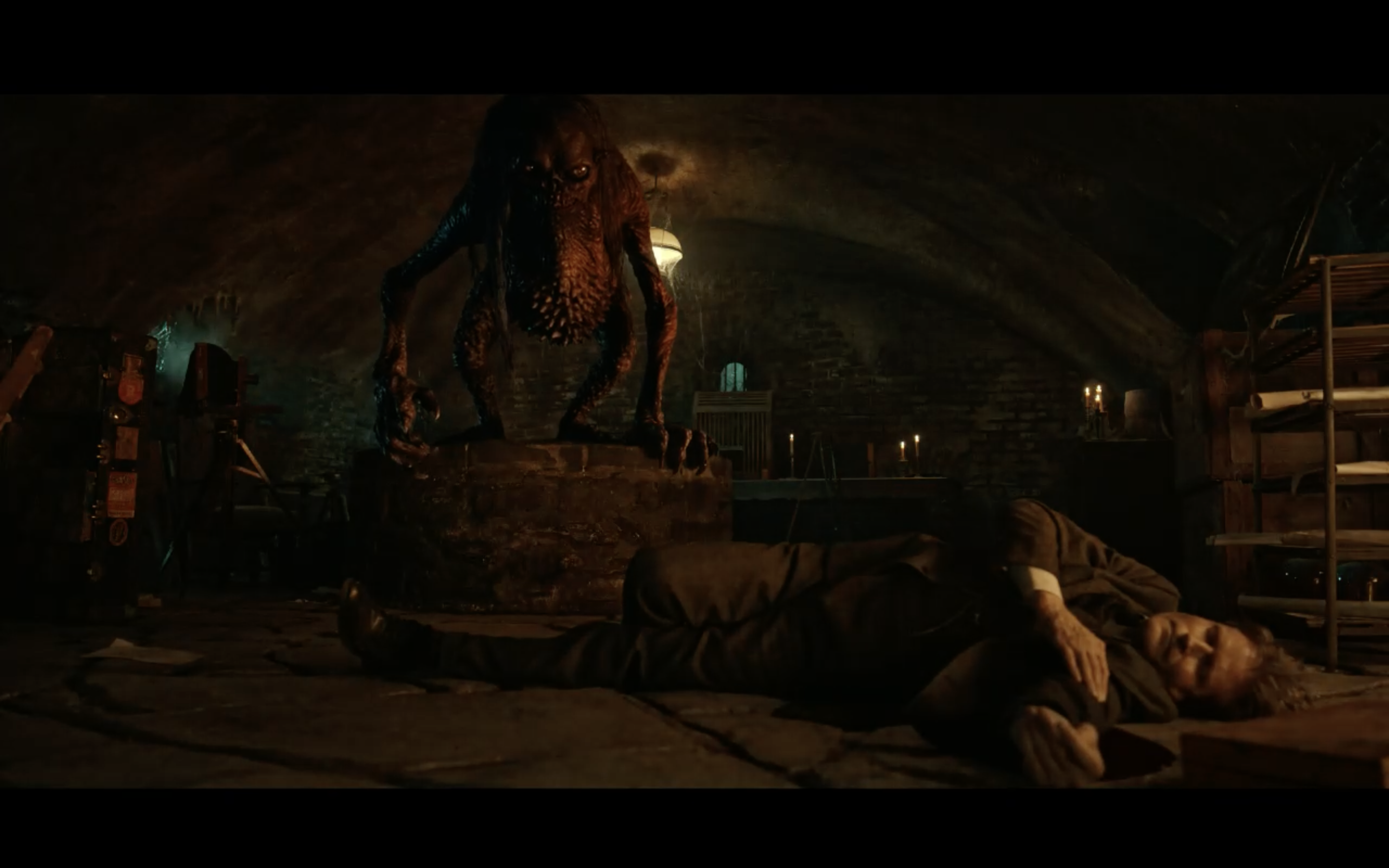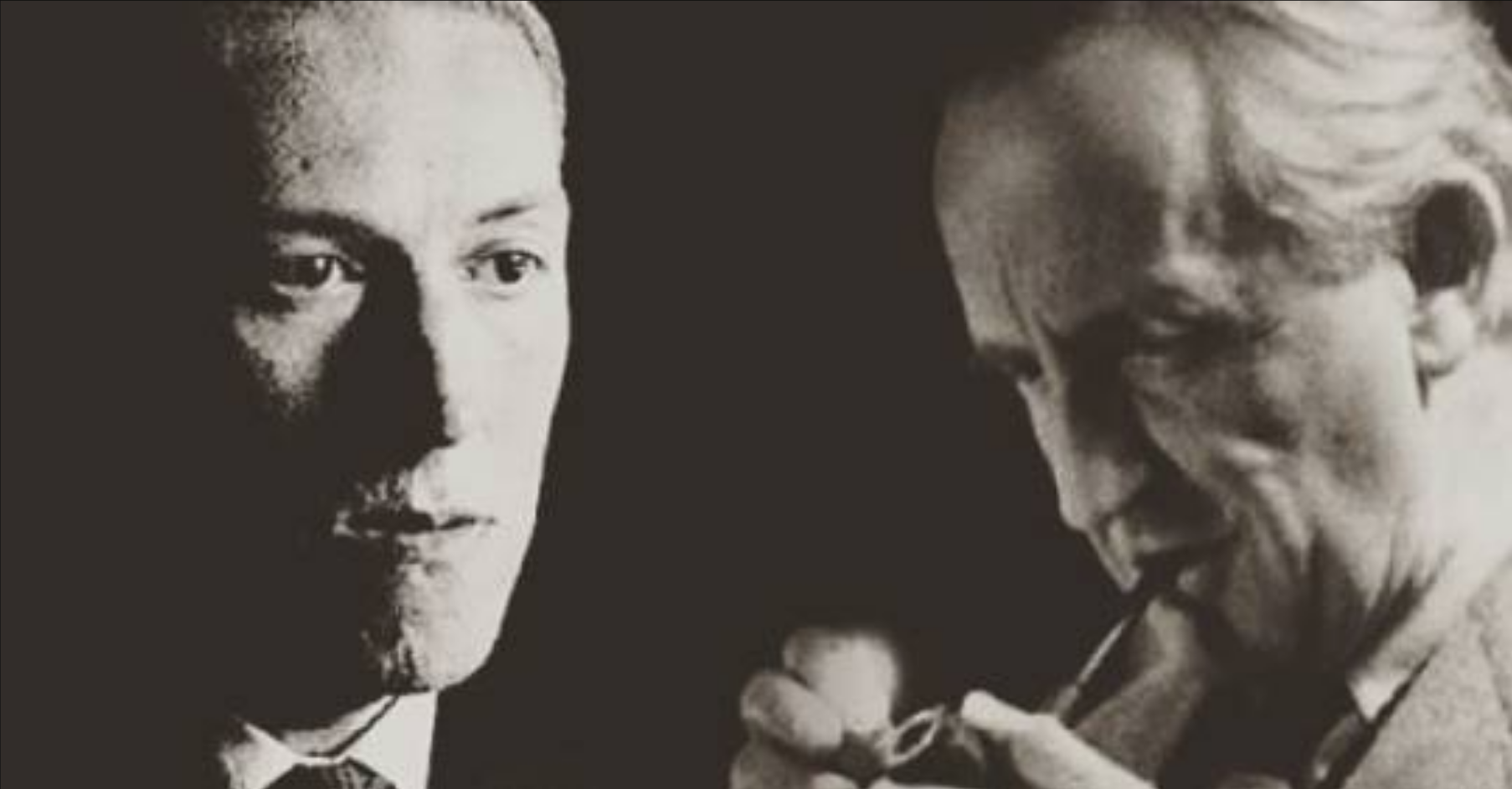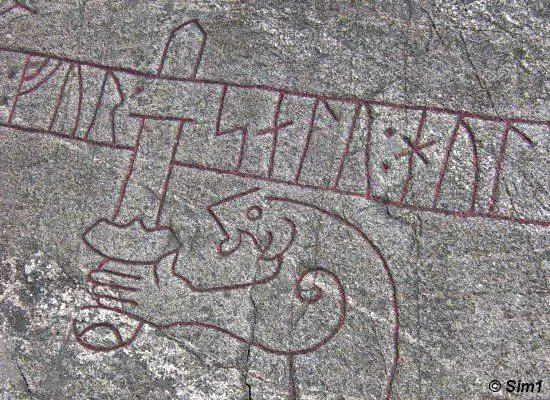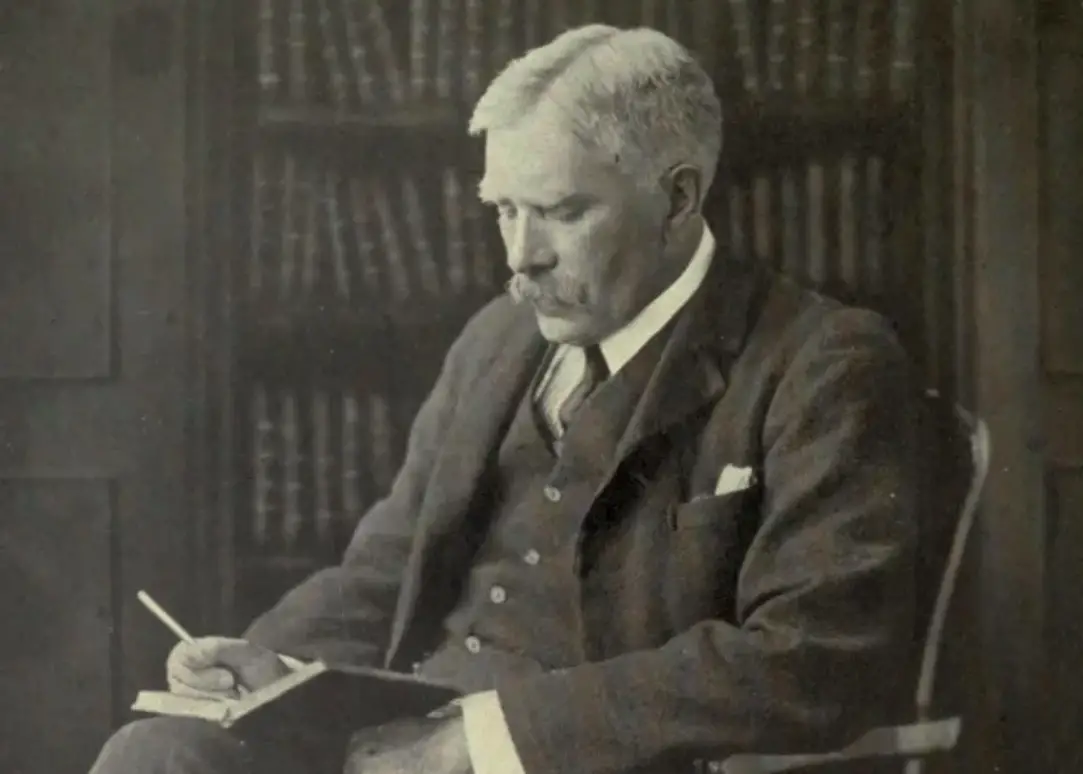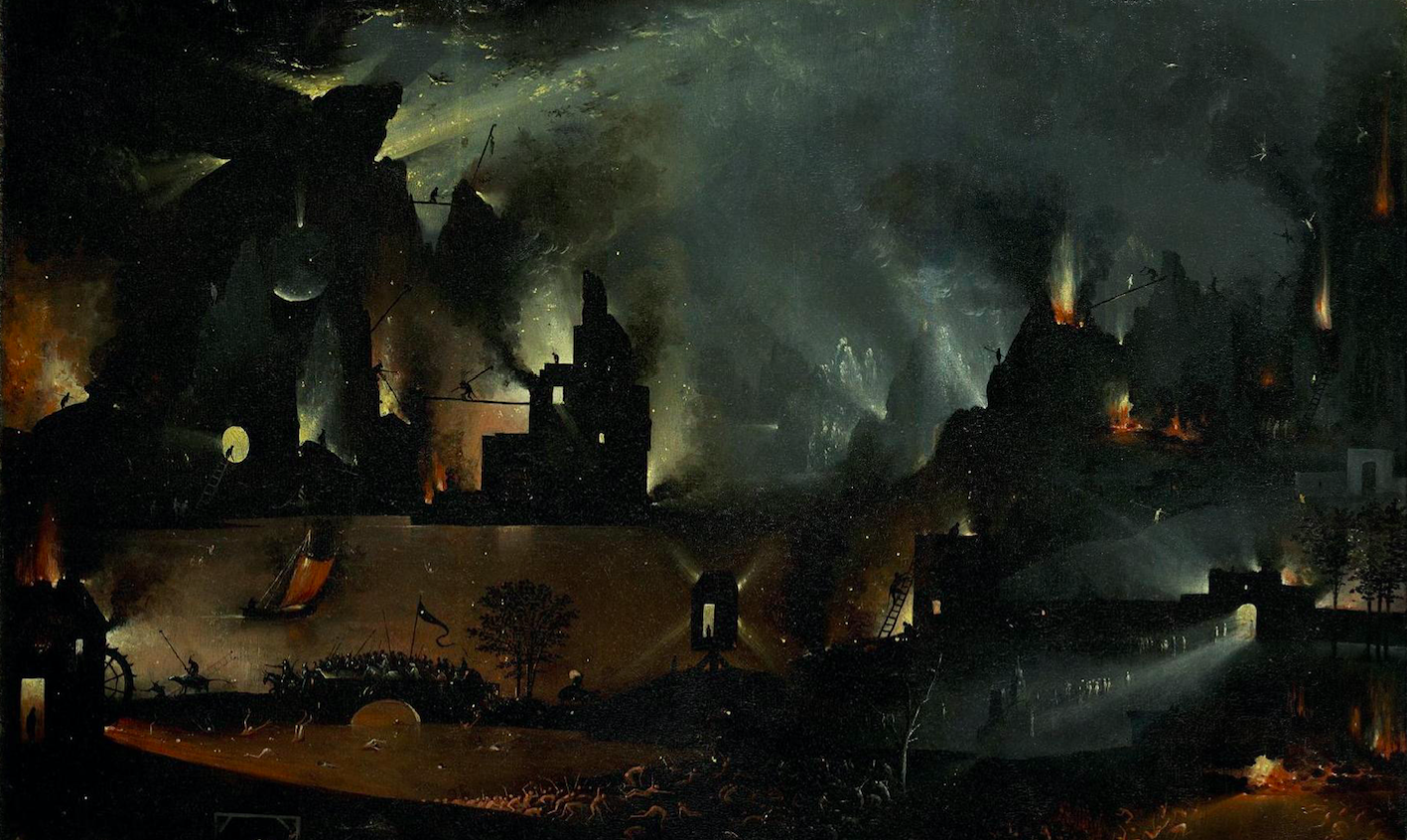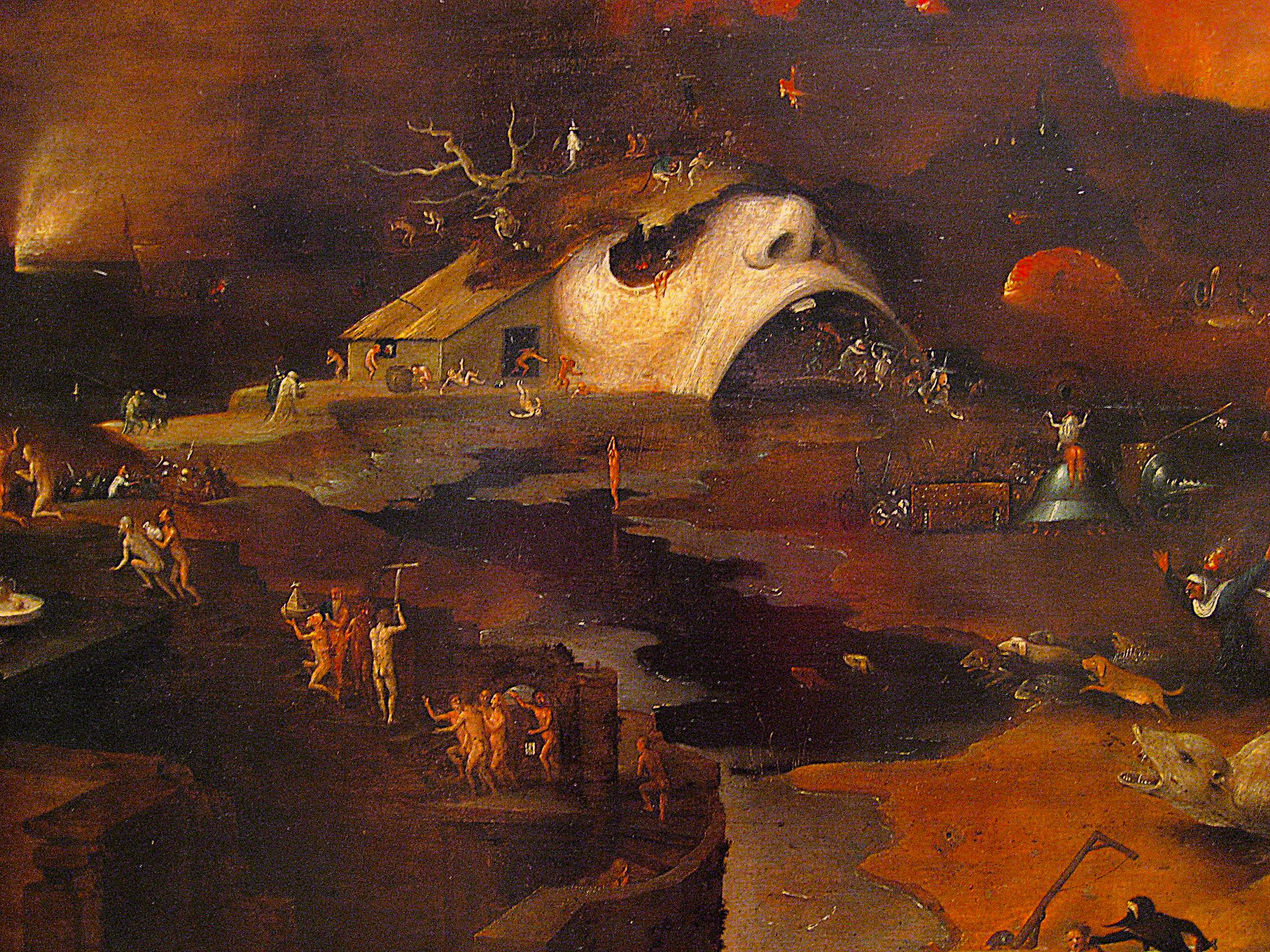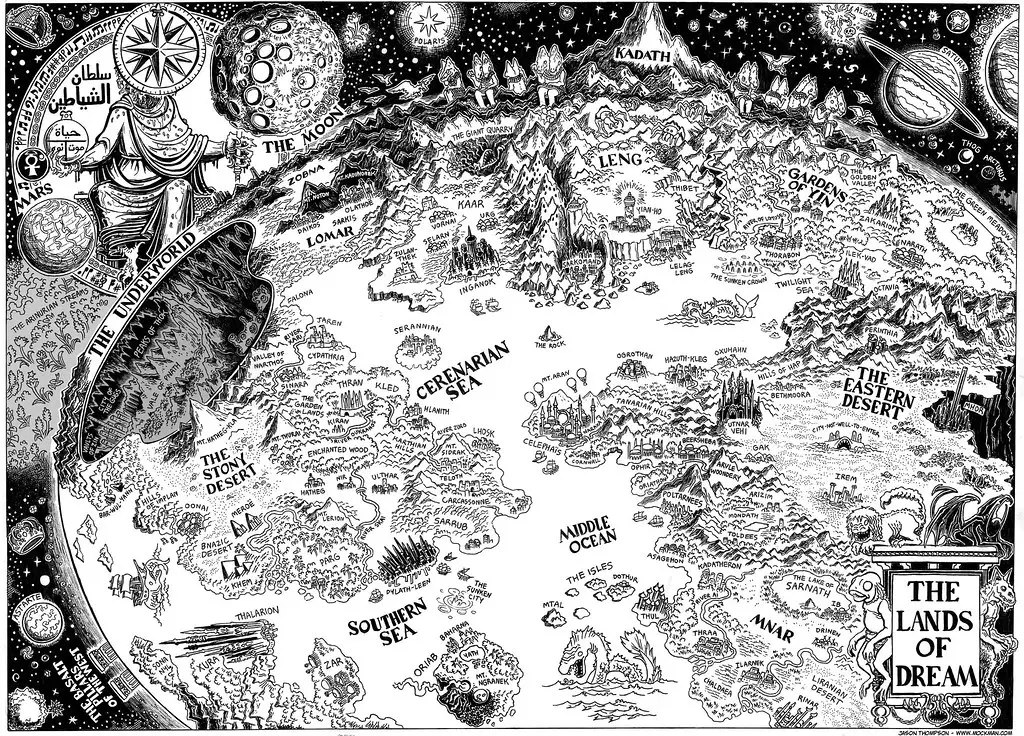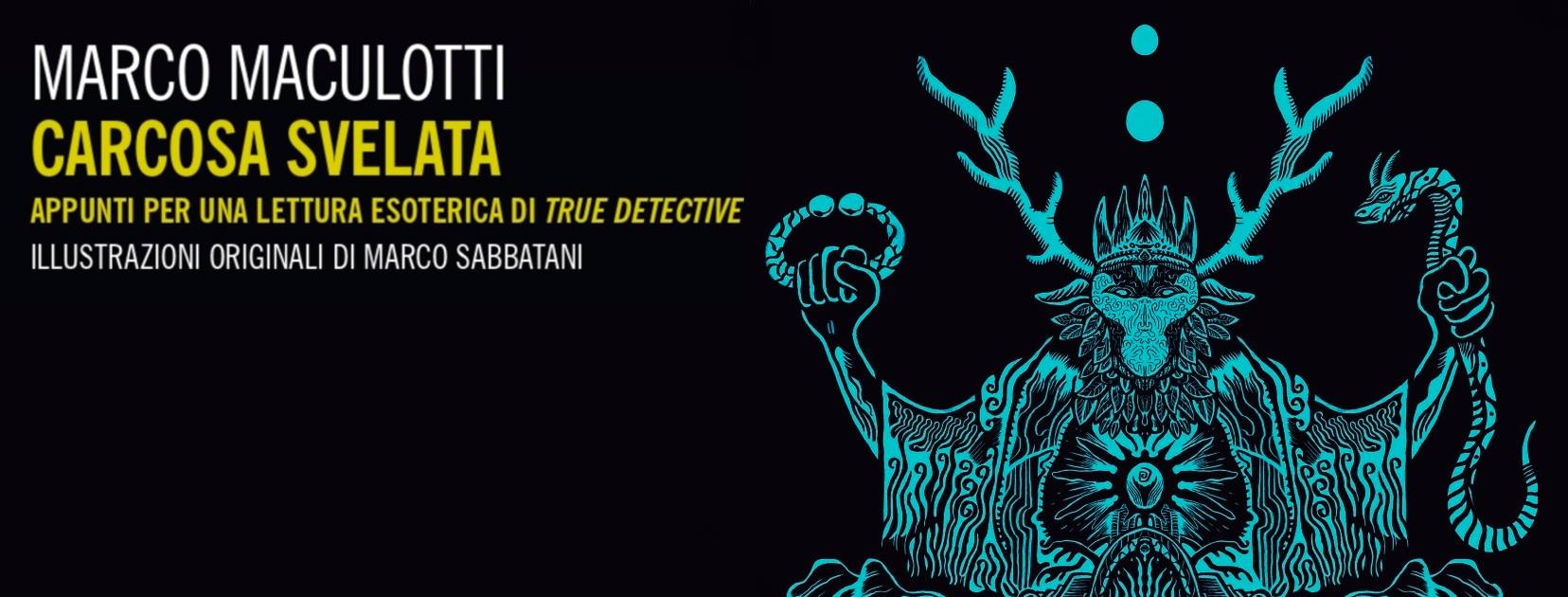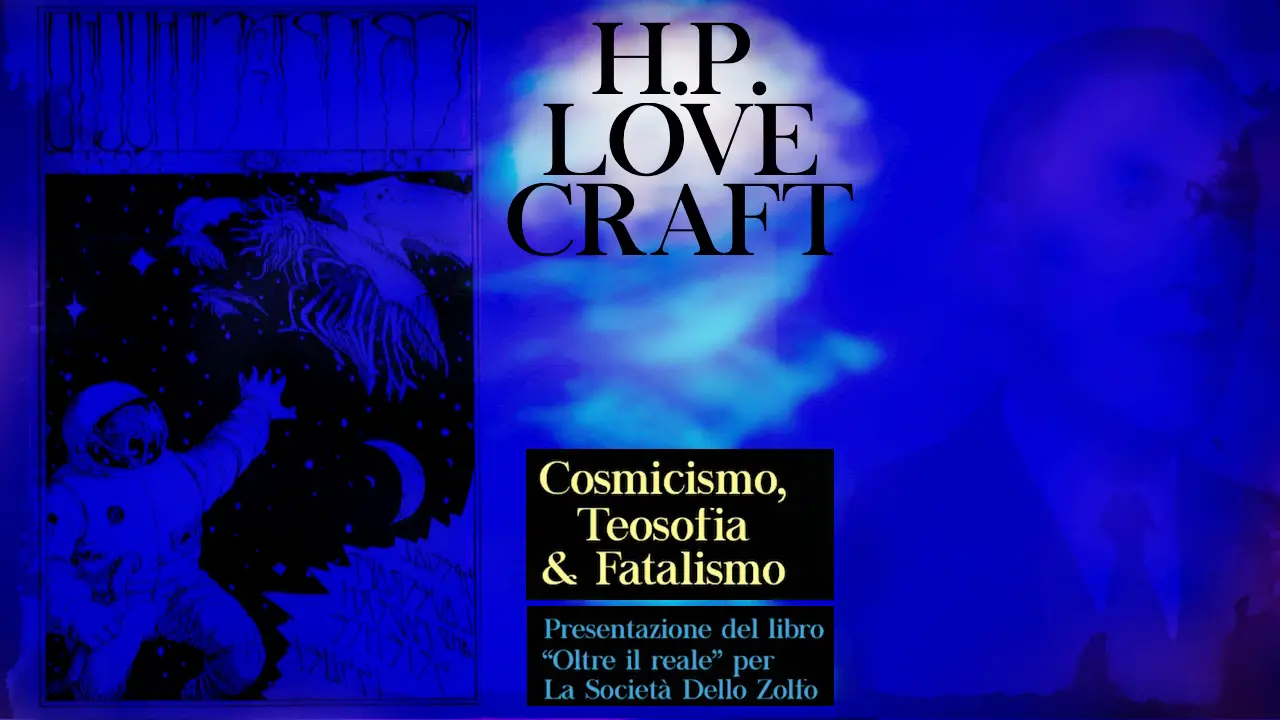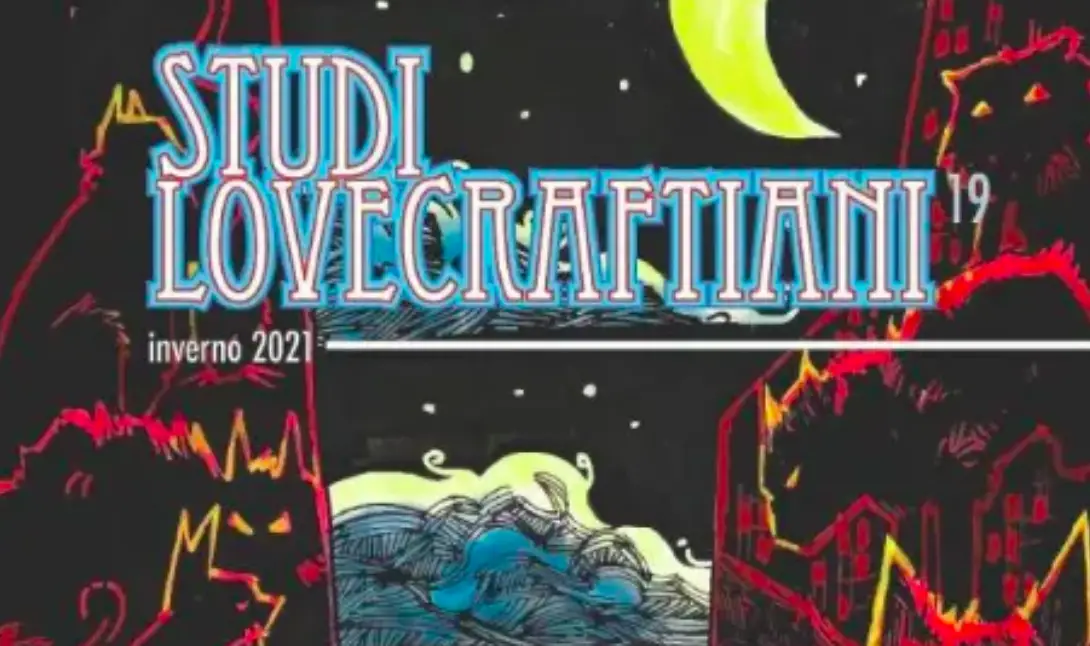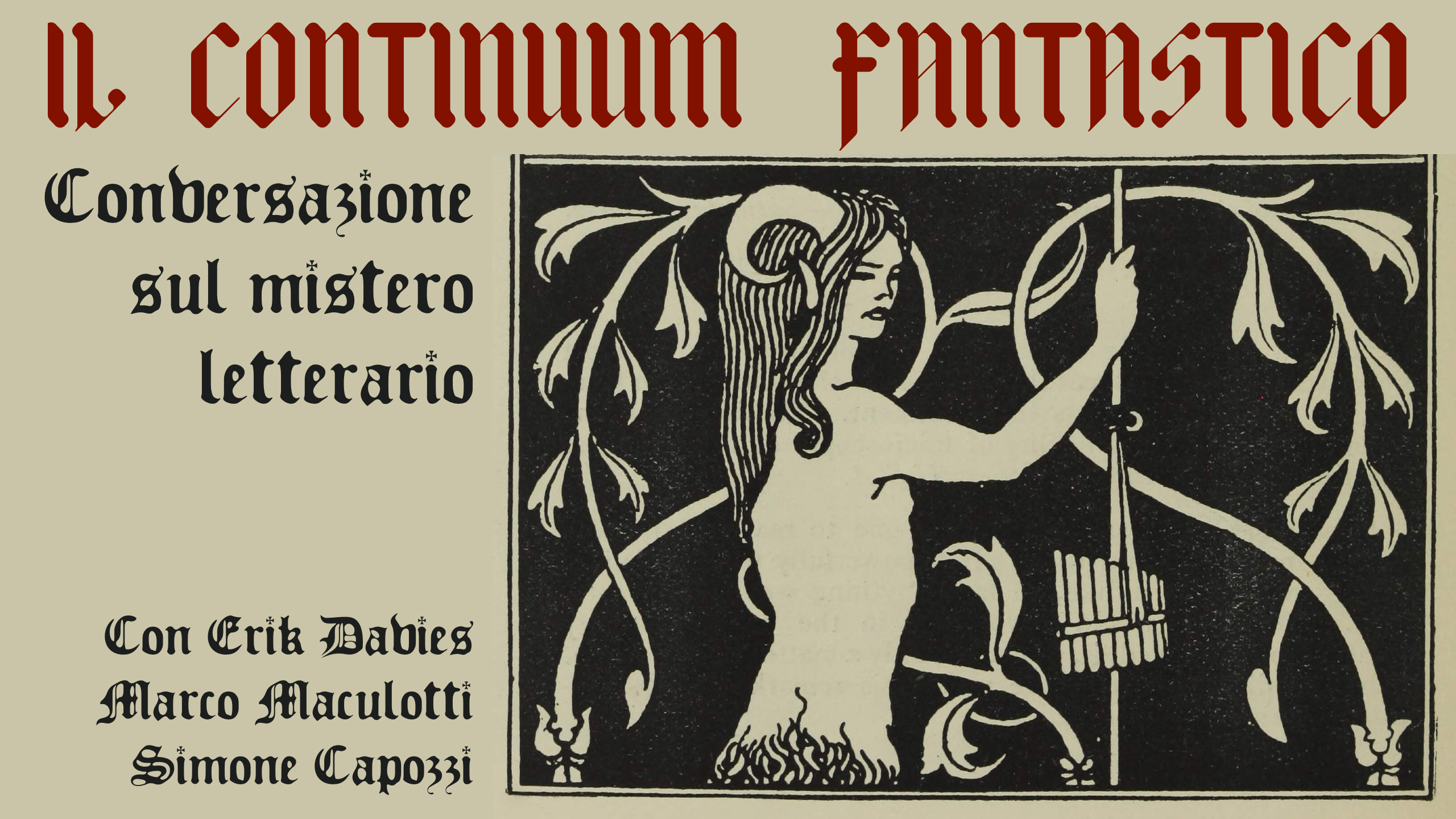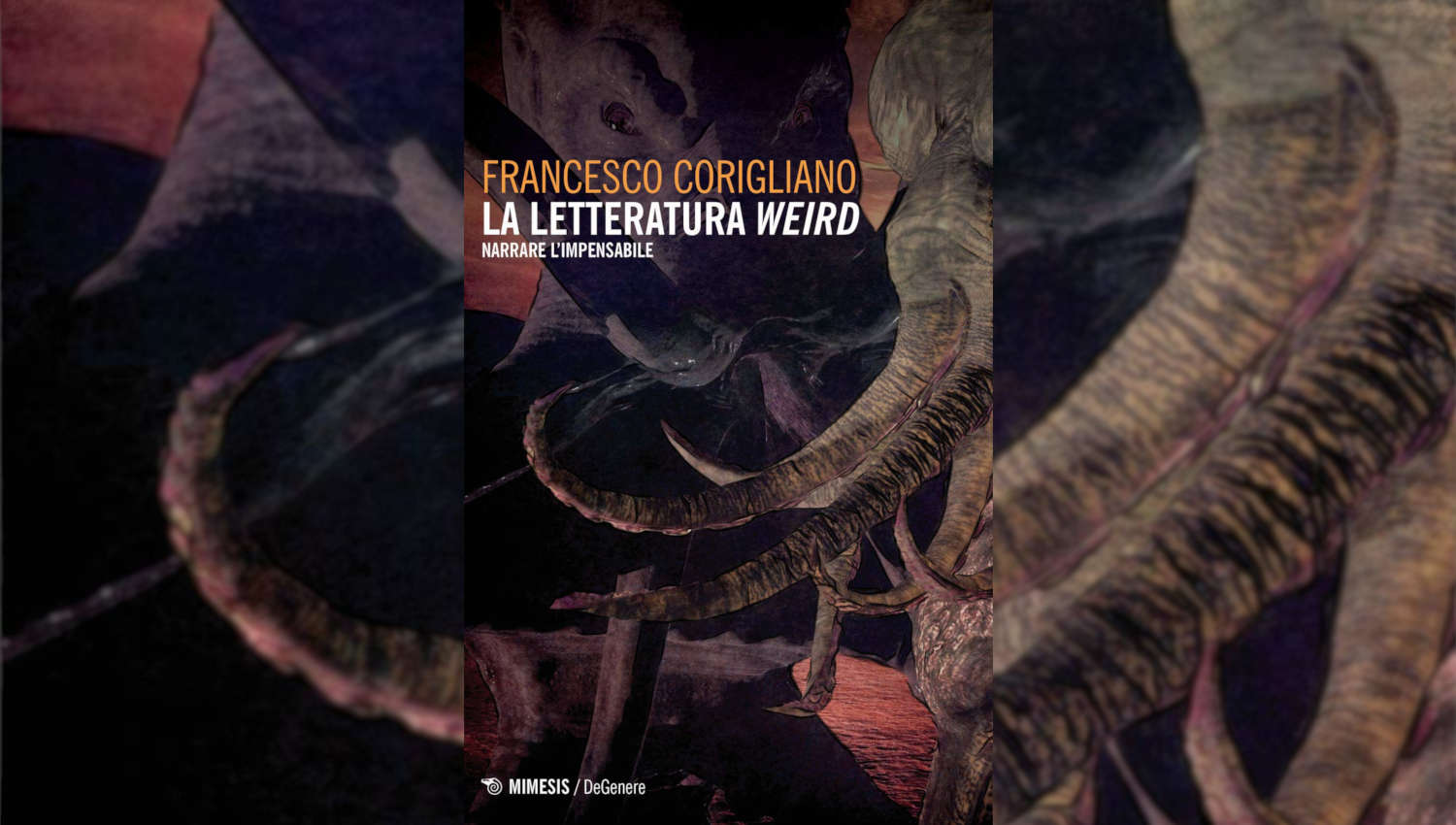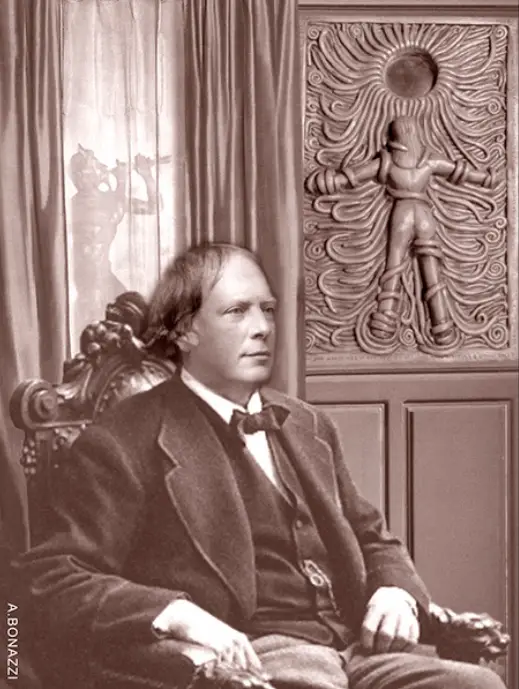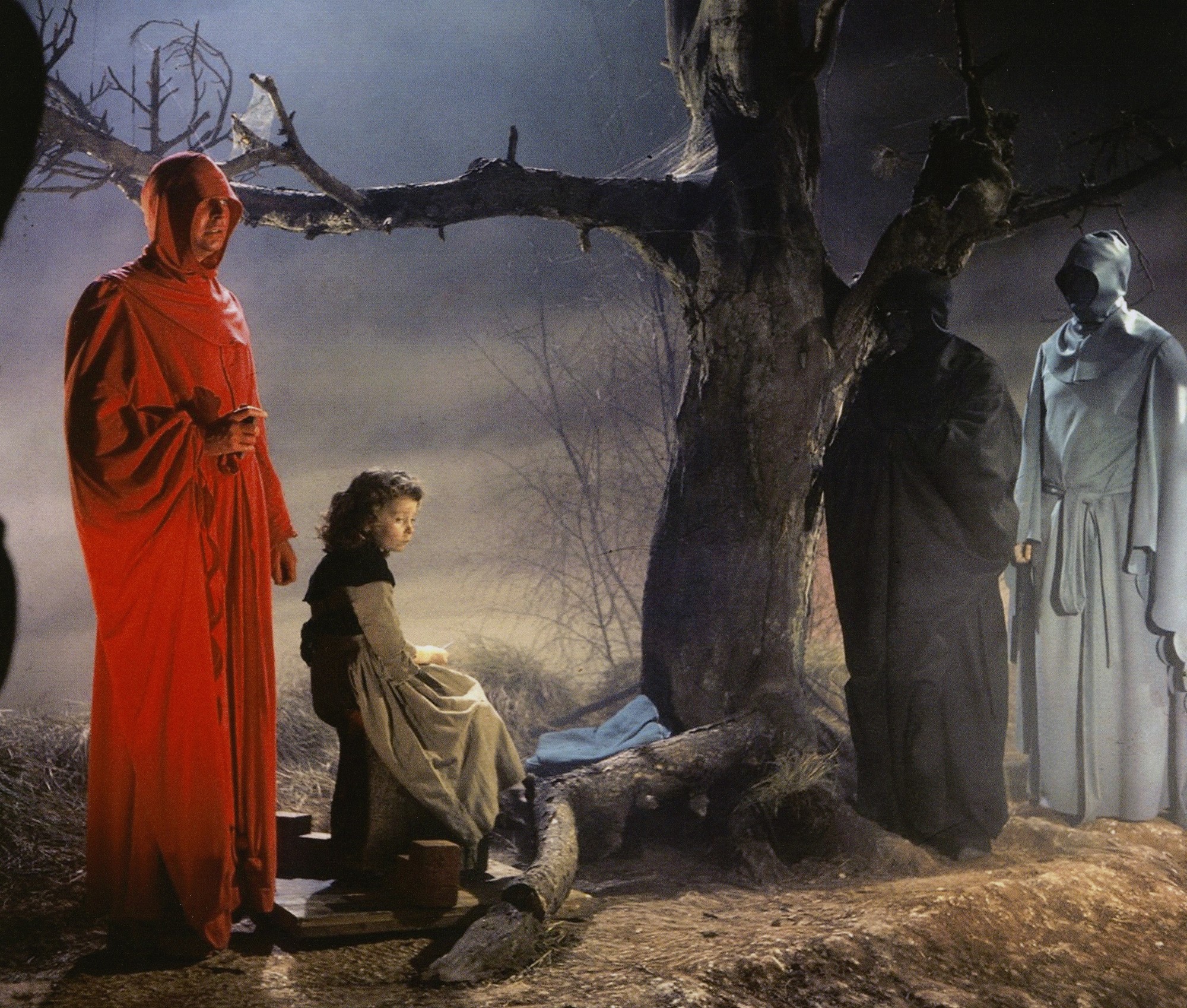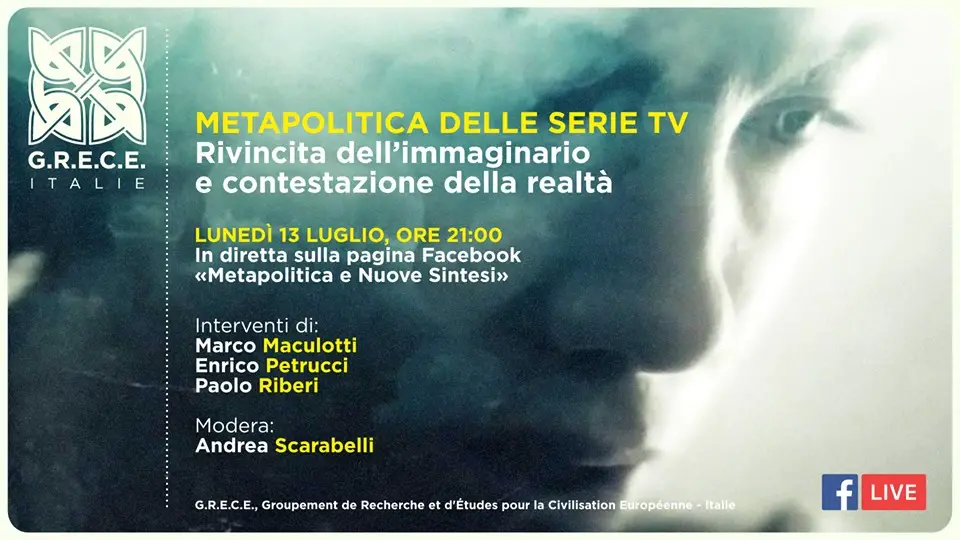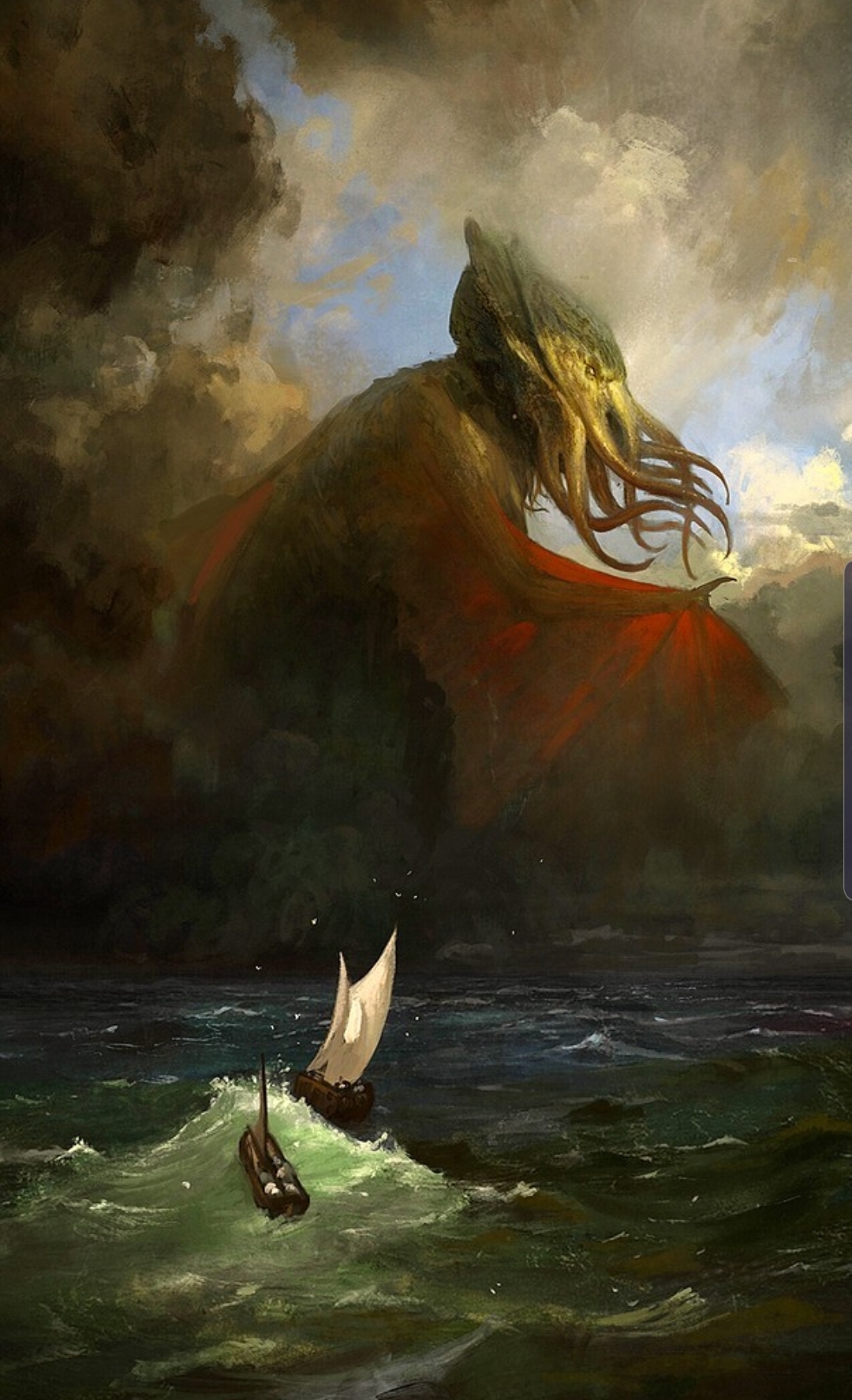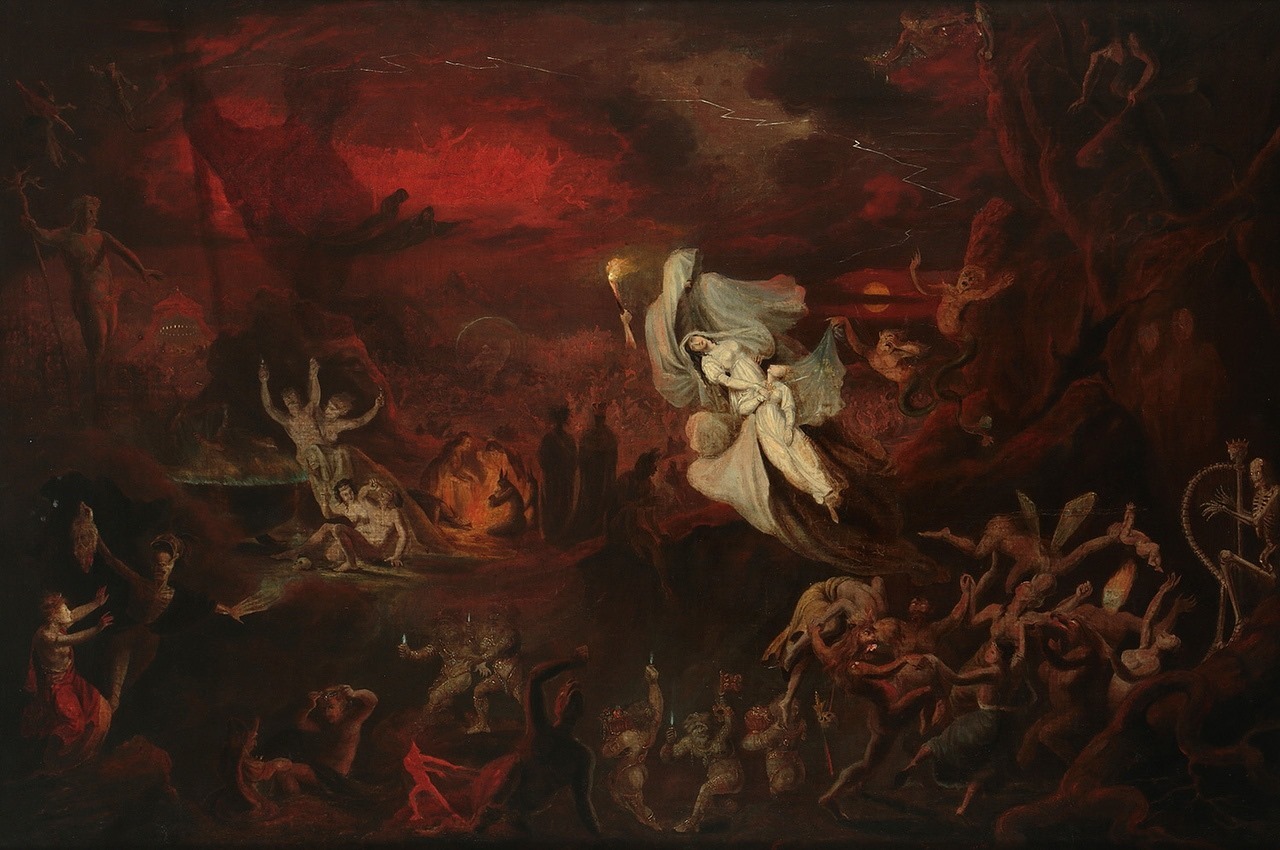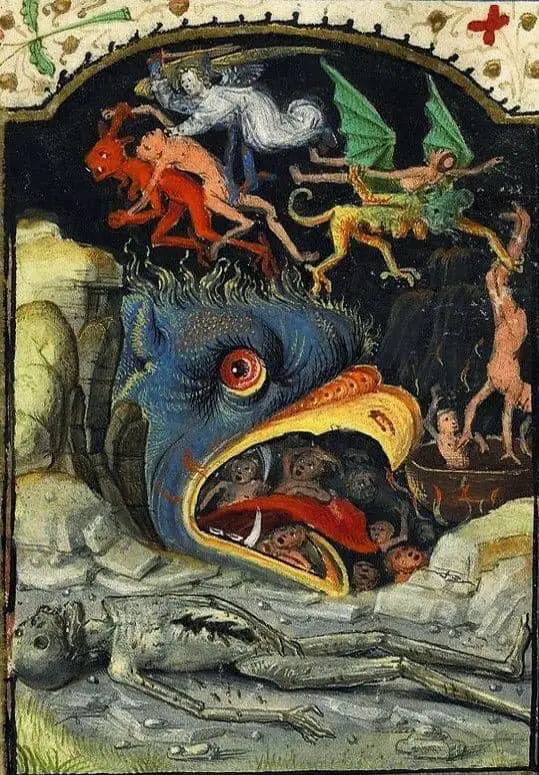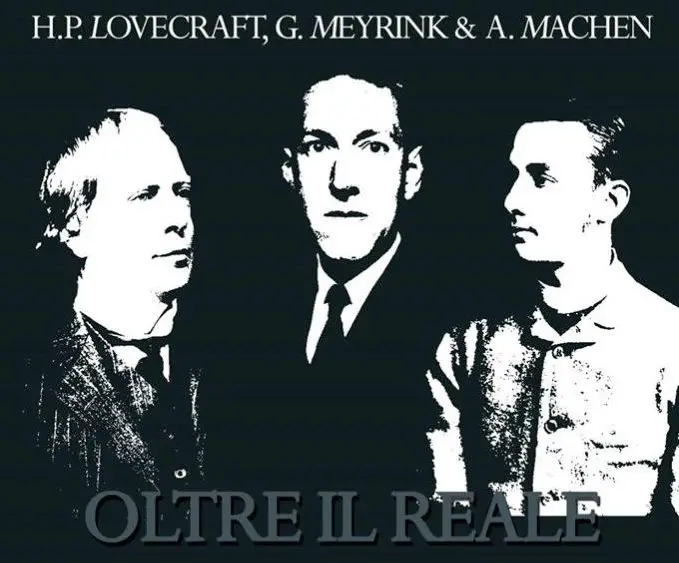Tag: HP Lovecraft
HP Lovecraft's “The Pickman's Model”: dissection by a nightmarish artist
An analysis of the symbolic substrate - from the catabasis in a truly existing underground Boston to the pre-Islamic folklore of the Ghouls - of the famous story by Howard Phillips Lovecraft Pickman's model (1926), recently adapted into one of the episodes of the TV series Guillermo del Toro's Cabinet of Curiosities (2022), directed by director Keith Thomas.
HP Lovecraft & JRR Tolkien: world creators in the century of irrationalism
Howard Phillips Lovecraft and John Ronald Reuel Tolkien are both sons and active protagonists of the XNUMXth century. It is possible to read their work and activities as an expression of the aspirations, emotional needs, but also of the fears and tensions of the man of the twentieth century, as well as establish, rightly, connections between them and the movements of twentieth-century irrationalism which, on several levels , characterize the escape from the reality of the last century: from pseudoscience to anthroposophy, from esotericism to the revival of the myths of civilizations lost and submerged by the Sea, in the times of Atlantis and Lemuria.
Borges hunting for dragons: the Nordic heritage in the work of the Argentine Master
Borges' enigmatic fictions, an admirable synthesis of apparently irreconcilable genres, have intrigued dozens of literary critics, scholars and fans of fantastic literature.
The diabolical conferences of Arthur Christopher Benson
Dagon Press recently published in Italian - with the title "The closed window" (translation by Bernardo Cicchetti) - the supernatural tales of Arthur Christopher Benson, along with Montague Rhodes James one of the most significant "ghost-writers" English of the early twentieth century, as well as comparable in suggestions and themes to writers roughly contemporary to him and equally "esoteric" such as Arthur Machen, HP Lovecraft and Algernon Blackwood.
HP Lovecraft, the New Babel and the advent of the New Dark Age
As some "Sunday critics" say, Lovecraft always put before the alleged racial hatred the viscerally felt horror in the first person towards the advent of the modern world, the empire of machines and total depersonalization, in which every individual and his highest visions are swallowed up and inserted in a cosmic framework of universal tragedy, devoid of any higher outlet. And New York was, of course, raised in the image of the New Babel, which engulfs ancient traditions and human differentiations in a continuous, abject ritual of collective depersonalization, standardization and dehumanization.
HP Lovecraft, the New Babel and the witch hunt 2.0
The controversy raised to the Hugo Awards 2020 on the literary and "ideological" legacy of HP Lovecraft has reopened the question, which exploded ai World Fantasy Awards 2011, of the alleged racism of the Providence Dreamer, which would make him a problematic author for some. But how much did HPL's "racialist" beliefs really influence the genesis of his work, and especially the drafting of The Horror at Red Hook, your most controversial story, a manifesto of the revulsion felt towards the city of New York?
HP Lovecraft, the "lost worlds" and Theosophy
One of the things that most strike the reader who is familiar with the themes of esotericism is the large amount of traditional elements in Lovecraft's stories, which is very strange when one takes into account that he defined himself as a convinced advocate of mechanism and materialism. . These concepts, including that of the so-called "lost continents", did not come to him through authentically traditional sources, but through the cogitations and narratives of the theosophists of the late nineteenth century, which also inspired some colleagues of the Providence Dreamer, such as Clark Ashton Smith and Robert E. Howard.
In the dark meanders of Carcosa
Il new essay by Marco Maculotti, published by Mimesis, allows you to cross the threshold of the lost city, to orient yourself among the symbols and references hidden behind the first season of “True Detective”.
Video: Was HPL an "unconscious medium"? Two shorts on Lovecraft
Was HPL an "unconscious medium" of "alien" powers? On our Youtube channel we started uploading some short videos, which we appropriately edited, to shed light on the issue. In the first of the two we start from the dream experiences that he needed since childhood, while in the second we analyze the "revelational" elements dehis very personal * cosmic mythopoeia.
"Lovecraftian Studies" 19
He's out issue 19 of "Lovecraftian Studies", a journal of studies dedicated to the Providence Dreamer published by Dagon Press. In this issue, also our full intervention on the issue concerning the racism of HP Lovecraft, particularly thorny in recent years.
Videoconference: "The fantastic continuum: a conversation on the literary mystery"
Video of the conference held tonight with Mens ex Machina and Psy * Co * Re with the participation of Erik Davies.
“Weird literature: narrating the unthinkable”. Interview with Francesco Corigliano
We interview Francesco Corigliano, the author of the essay recently published by Mimesis that investigates the characteristics and the deep meaning of a genre that is difficult to define, through the use of three contemporary masters: Howard Phillips Lovecraft, Stefan Grabiński and Jean Ray.
Arthur Machen and the panic charm of the uncanny
The new special issue of zothique, magazine of fantastic and "weird" literature published by Dagon Press, in its over 230 pages allows us to retrace the life and work of Arthur Machen, a Welsh writer who between the end of the XNUMXth century and the beginning of the XNUMXth was able to look beyond the "veil of reality" and reveal the essence of "Great God Pan“, Establishing himself as one of the greatest authors of supernatural fiction of his time.
Viruses, Vampires and Zombies: The Pandemic Theme in Modern Fantastic
Already present in classic works such as the Iliad and the Decameron, the theme of the pandemic apocalypse has been exploited and investigated in recent centuries especially in the field of the Fantastic, in fiction as in cinema: from EA Poe to Conan Doyle, from Meyrink and Lovecraft to Richard Matheson and Stephen King; and again, on the big screen, by directors of the caliber of Bergman, Romero, Carpenter, Cronenberg and Gilliam.
"True Detective", between fantastic realism and metapolitics
Attached you can listen to our speech at last night's videoconference, "Metapolitics of TV Series" for GRECE Italie, focused on the esoteric implications of Nic Pizzolatto's first season "True Detective", which we have already had the opportunity to talk about on our pages.
"When the stars will be right": HP Lovecraft between prophecy and Apocalypse
In tales such as "The Call of Cthulhu" (1926) and "Nyarlathotep "(1920) Howard Phillips Lovecraft foresaw the crisis of Western civilization that we are witnessing today, a century later: from this point of view, the boundless sequence of horrendous crime reports, spy of a world in prey, should be framed to an incurable and pervasive anguish, in which the seasons have altered their natural cycle and in which wars and revolutions follow one another continuously, throwing humanity into a situation of apparently irreversible crisis, destined to lead, "when the stars have returned to the right position ”, in a“ New Dark Age ”.
Underworld civilization in science fiction fiction
The topos of underground civilizations seems to be recurrent in the history of human thought, whether it is myth, folklore, esoteric knowledge, alternative reality or "simple" science fiction, to the point that sometimes it is difficult to label the various versions of the topos in a rather category. than in the other. Here we will deal with the variations of the topos in science fiction literature between the nineteenth and twentieth centuries.
“Beyond the Real”, or of the literary dignity of the Fantastic
Fantastic literature is still barely regarded by too many as paraliterature; "Beyond the Real", the new volume published by GOG edizioni helps us to affirm the opposite, analyzing the work of five of the most important authors of the genre from the end of the XNUMXth century to today: Lovecraft, Machen, Meyrink, Tolkien and Ashton Smith.
"HP Lovecraft, G. Meyrink & A. Machen: Beyond the Real"
AXIS mundi and the Society of Sulfur present:
"HP Lovecraft, G. Meyrink & A. Machen: BEYOND THE REAL"
with Andrea Scarabelli, Marco Maculotti, Roberto Cecchetti
Interview by Mattia Mazzeo


